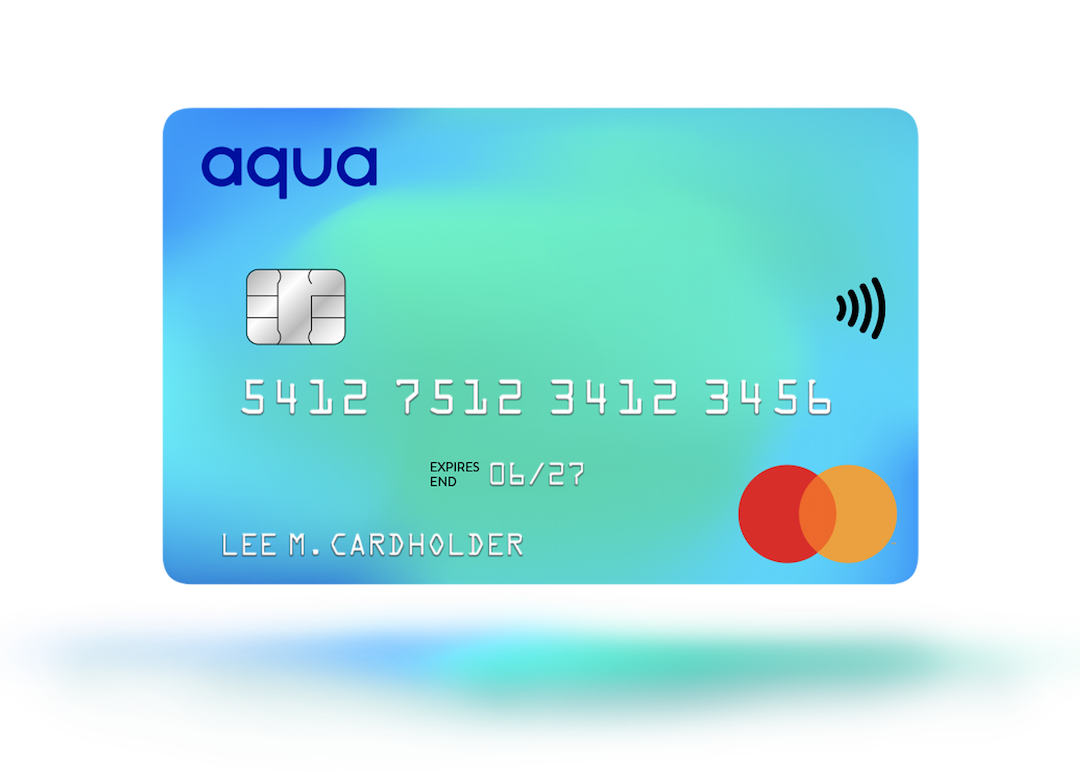How to budget effectively
Find out how to keep on top of your finances and become a budgeting pro.

Managing your money effectively and learning how to budget can appear overwhelming at first. And with multiple bills, home and travel costs to pay for, there can sometimes be little left for the fun stuff.
In this guide, we help you find out more on why you should be budgeting and how to budget effectively to keep on top of your finances. Whether you’re trying to pay off debt or save for something special, Aqua is here to help.
What is budgeting?
Budgeting is a simple way of managing your money to give you full visibility of monthly incomings and outgoings, so you can manage and track your finances better.
Do you ever wonder where your money goes each month? Or find yourself running out halfway through? Maybe you’re struggling to put some aside, often dipping into your savings to cover day-to-day costs or unexpected bills.
If you’re looking for a way to make your money go further, creating a budget to manage your finances can help you take control.
By looking at your income and regular expenses in one place like a spreadsheet, you can create a spending plan to stay on top of your bills or save money. Those savings can then be used however you want; reducing credit card debt, planning for the future, or treating yourself to a holiday.
Why should you budget?
Having a well-planned budget can stop you falling into financial difficulty, or help you pay off your debt more effectively.
Being aware of your incomings and outgoings can help to stop you from overspending and can help you identify where you could reduce your spending by making simple changes.
When setting up a household budget it’s easy to remember the vital monthly expenditures such as the rent or mortgage, household bills, travel costs and any credit card debt – but don’t forget to set aside some money for treats and one-offs.
How to budget?
Create a budget planner
Creating an effective budget takes time, so set yourself aside a few hours to get it done.
Start by gathering all your statements and receipts for the last three months. Your bank statements will have all your standing orders and direct debits details to get you started.
Use your receipts, or bank statements to get an understanding of other day-to-day spending such as food shopping, travel expenses or entertainment.
Once you’ve categorised your spending by type, add up how much you spent on each and divide the totals by three to get your monthly average spend. This will help you see where you could be overspending and identify the areas that you can save on.
Finally, think of any annual costs that you may need to pay – like car insurance or parking permits. Including these costs into your monthly budget will mean you’re prepared and have money already put aside.
Once you’ve worked out your total monthly expenses, deduct this from your take-home wage to find out what you’re left with at the end of the month. Any extra money can be put into savings towards holidays or those unexpected bills or used to pay off any debts more quickly.
If after creating your budget planner you find you’re spending more than you earn, then having a clear budget planner is a great way to start to prioritise your spending and put yourself back in control of your finances.
Either way, having a budget means you can see exactly where your money is going, or work out where you can save money with a few small changes.
Be frugal
Making a few small changes or clever swaps can really help to bring your expenses down. Here are a few to help you get started.
Ditch the brands
When doing your food shop can you downgrade any of your products? Do you often opt for the higher end ranges? Swap your supermarket luxury range products for the standard or budget alternative and watch the savings mount up (every little really does help!)
Food for thought
Having a meal plan is another great way to reduce your shopping bill. Whether you plan a week at a time or do batch cooking, planning your meals at the start of the week (or end of the previous one), allows you to shop smarter and save money on ad hoc food buys. Using your leftovers for lunches, freezing them for later in the month or making another meal out of them reduces waste and saves on spend.
Once you have your meal plan, write your shopping list and stick to it.
Do it with deals
When it comes to socialising, make sure you shop around. Do you get 2-for-1 meals or cinema tickets as a perk from your mobile phone company or bank?
Alternatively, see if there’s an offer on a deal website that could save you money. Take advantage of these offers to cut down spending without affecting your social life.
Bring down your bills
An easy way to reduce your bills is to shop around for the best deal. If your utilities, mobile phone or car insurance contracts are ending, make sure that you get yourself the best deal when you renew.
Using a comparison tool or calling your provider to discuss their best price could save you hundreds of pounds a year. Find out more about making savings on your bills with our guide.
Clear your clutter
Tidy house, tidy mind. If you have many unwanted items at home or things you no longer need, think about selling them to make some extra money. Why not hold a car boot sale, list things on a selling site or drop off some of your clothes at a consignment shop? This extra income could go into your savings or pay off debt, which could lower your monthly outgoings.
Be realistic
When creating your budget, it’s important to be realistic about your spending. The odd cup of coffee, shop-bought sandwiches, weekend entertainment costs – capture it all in your budget so you can see exactly where your cash is going. Remember, you’ll only be able to control what you can see, so be honest to avoid any last-minute surprises.
Keep money for yourself
Learning how to budget effectively doesn’t mean you shouldn’t keep some money back for the fun stuff.
Think about putting aside some money for yourself each month to spend on whatever you want. If things are tight, look at the swaps mentioned above to see where you can save to create your ‘fun fund’.
This can be used to pay for necessities like replacing clothes or a haircut, or simply enjoying days out with friends and family.
Staying on track
Whatever the reason for deciding to budget, this is your opportunity to be in control of your finances.
Learning how to manage your money may be difficult at first and will take some work up front, but sticking to your budget will help you achieve your money goals each month and create the space to keep on top of them.
If you feel like you need help or are not 100% confident, then consider speaking to an expert for advice or refer to websites such as Money Advice Service - Opens in a new window for more tips.
Failure to make payments on time or to stay within your credit limit means that you will pay additional charges and may make obtaining credit in the future more expensive and difficult.
Contributors

Sharvan Selvam
Sharvan is Commercial Director at Aqua.

Victoria Smith
Victoria is an editor at Aqua.
You might also like
Slide 1 of 3
Everyday budgeting
Budgeting bills and everyday budgeting tips.
Sharvan Selvam

Dealing with money worries
Find out how to deal with debt stress and money worries in a practical way.
Victoria Smith

Budgeting to buy a house
Find out how to budget and build credit to buy your dream home.
Sharvan Selvam
The smart way to build better credit
Aqua is the credit card that gives you the power to improve your credit score
